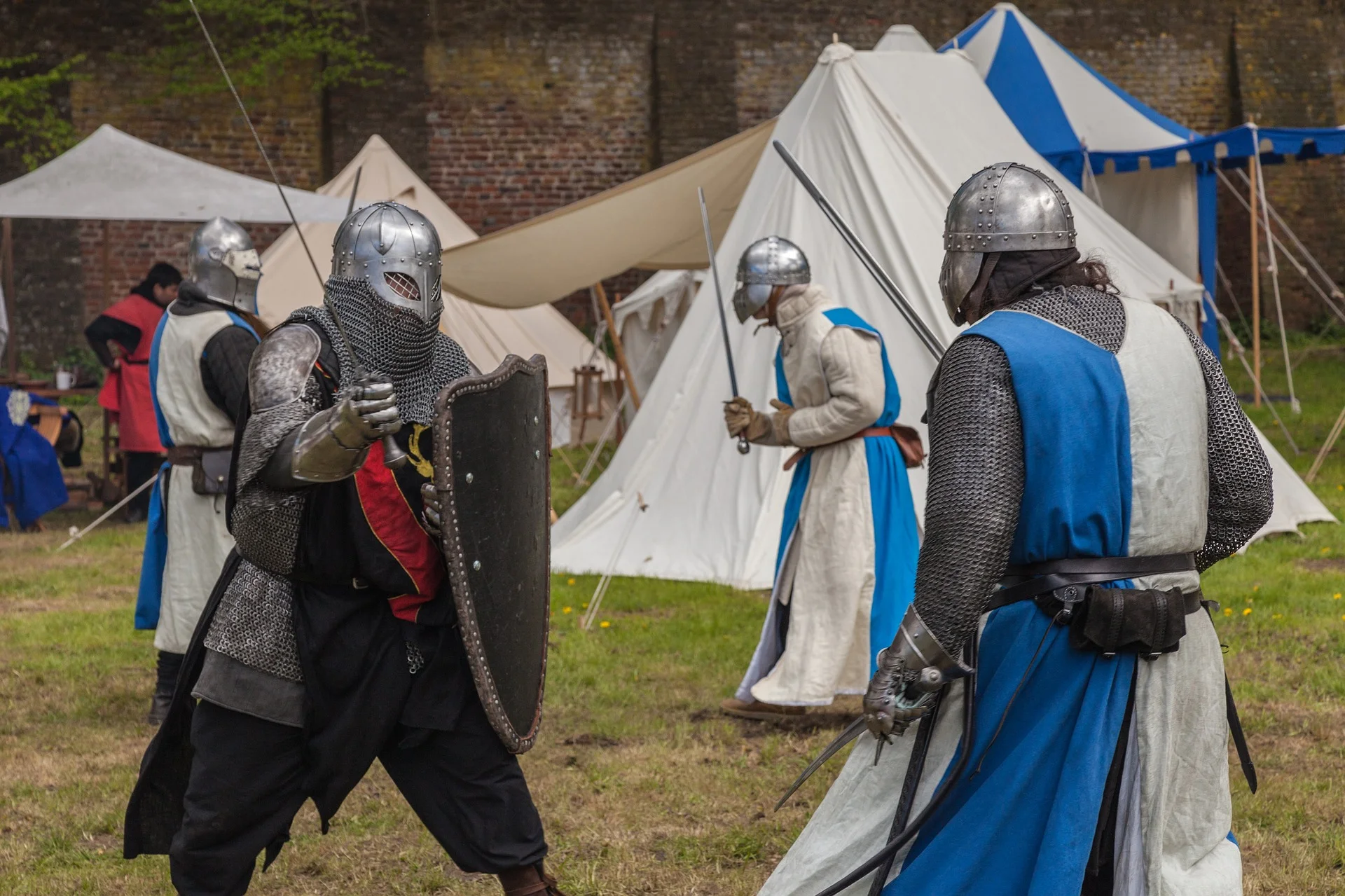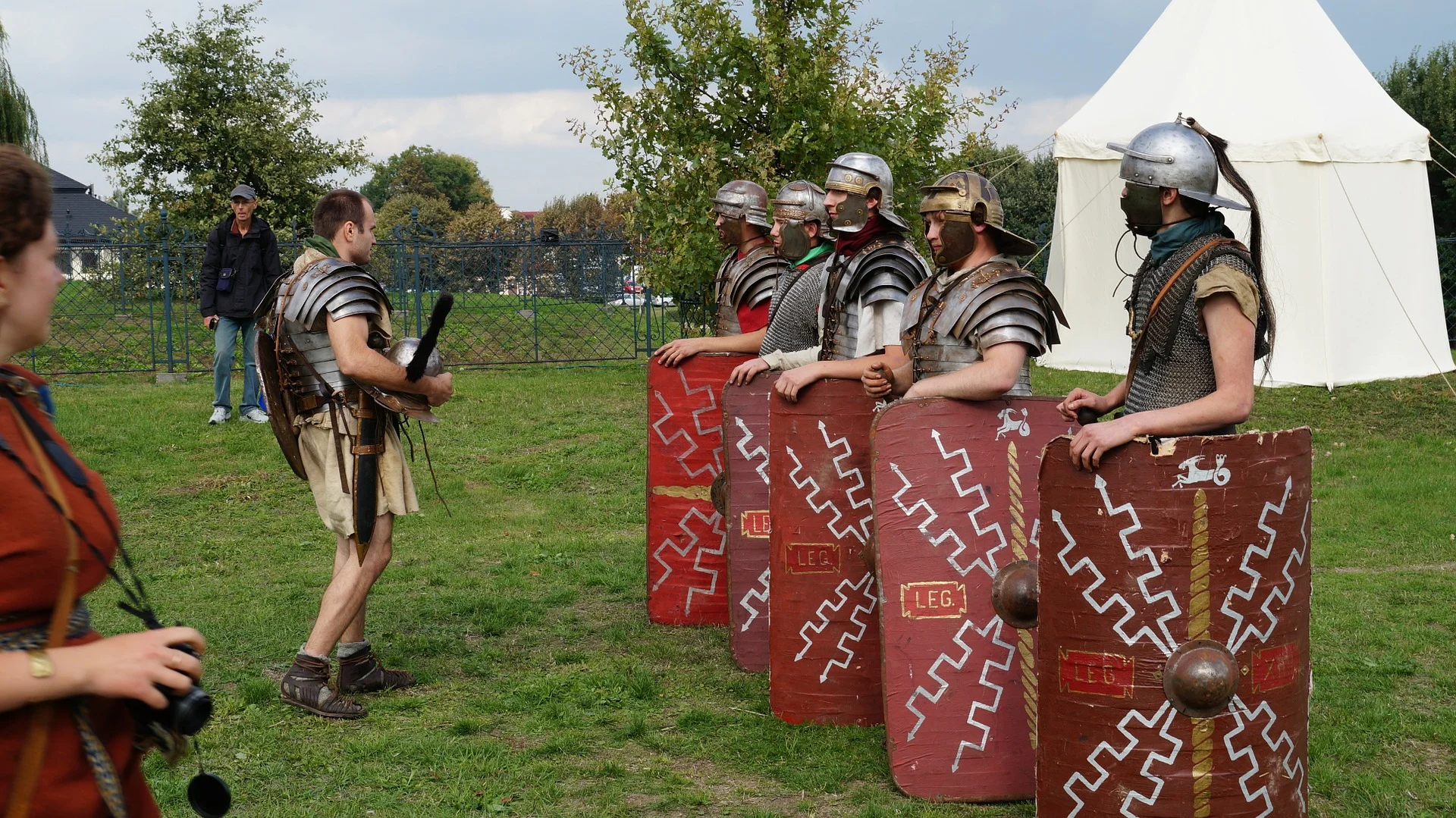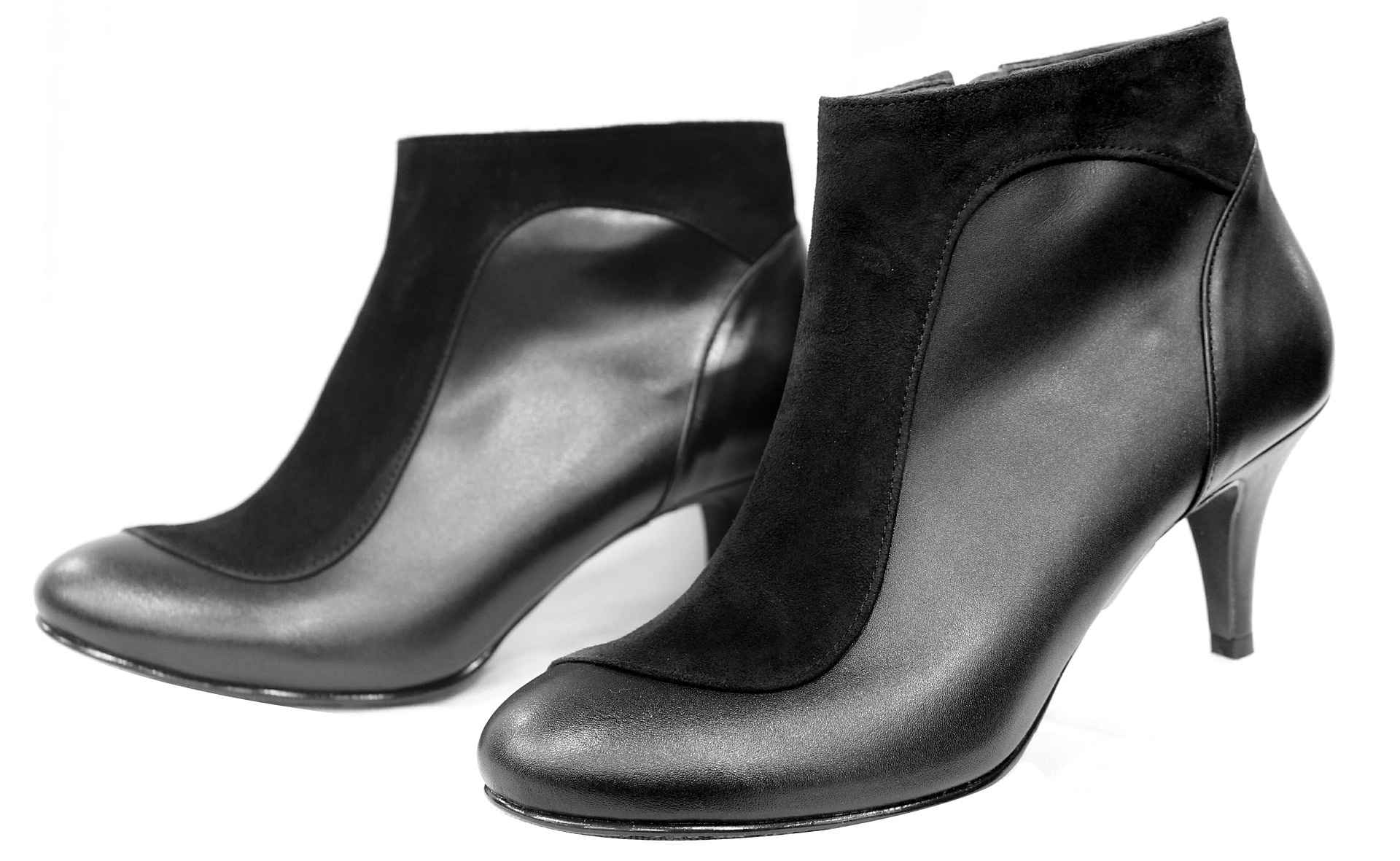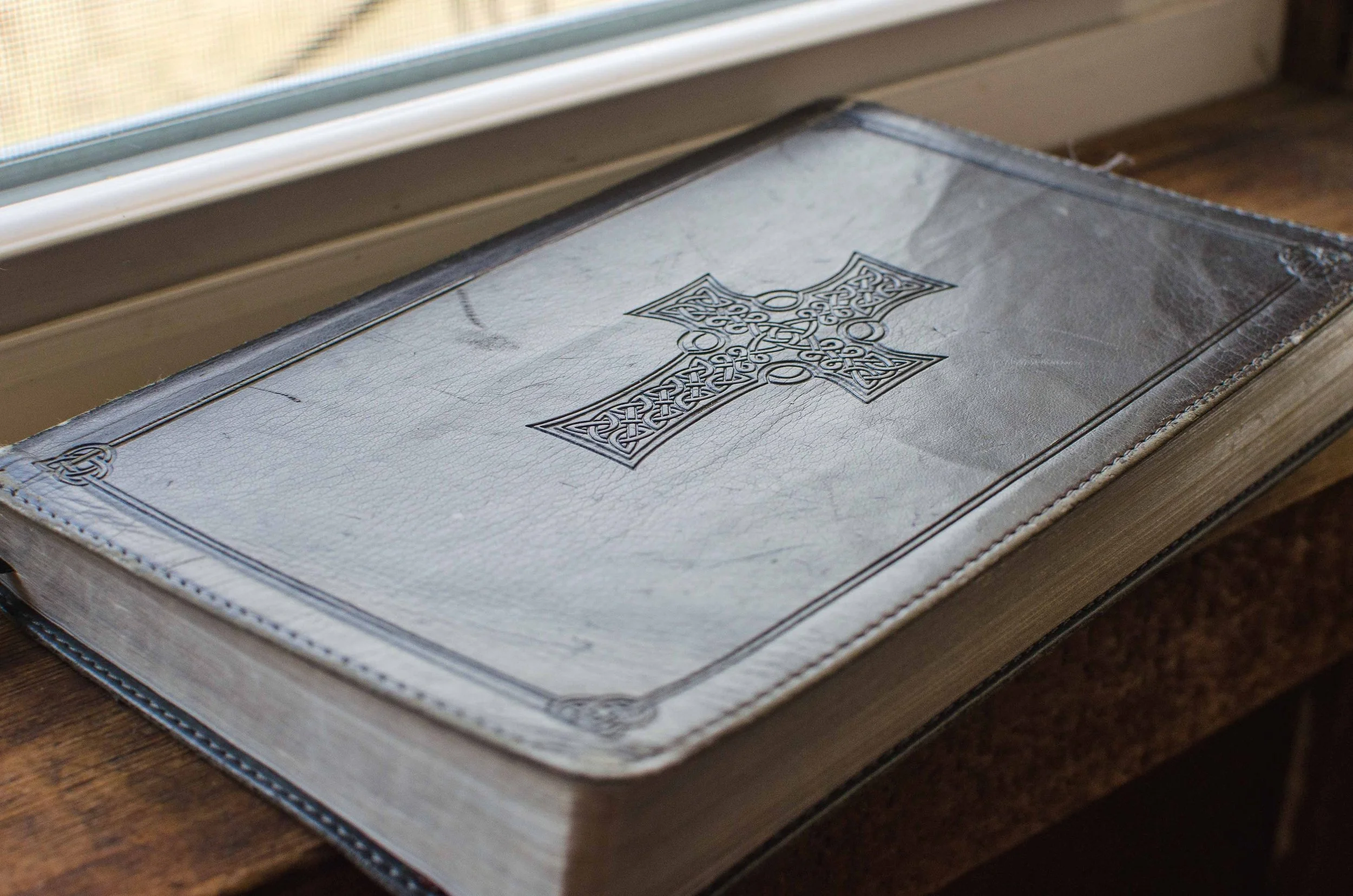Divine Appointments
We live in a society of planners. Architects design and plan buildings. Engineers design and plan roads and parking lots. Fashion designers plan for the next season always thinking ahead to the next color palette or trend. Even those of us, who would not call ourselves true planners make dentist and doctor appointments, write up grocery lists and plan get togethers with friends.
Jerry Jenkins, is the author of a myriad of books including the Left Behind Series and numerous biographies on people ranging from Hank Aaron, to Luis Pulau to Walter Payton. He even assisted Billy Graham with his autobiography, Just As I Am. Jerry also owns and runs The Jerry Jenkins Writer's Guild, of which I am in my second year of membership. I remember one of the first webinars I took from Jerry, where he talked about the difference between two types of writers; the panster and the outliner. Like Jerry himself and another big name author, Stephen King, I am a panster. I write my blog and my fiction by the seat of my pants. Where as an outliner has a plan or an outline they follow as they write. Neither one is better than the other, they are just different. There is also a hybrid of writers who combine the elements of both styles of writing. They come up with a loose outline, but fill in details by the seat of their pants.
When we talk about making plans versus living by the seat of our pants, we can see that there are good points and bad points to both ways of approaching life. Planners, usually, get more done, but they are often so rigid in their schedules that they have forgotten how to enjoy the moment. Those who live by the seat of their pants are usually more relaxed and easy going, but often have projects piling up, because they neglect to develop a plan on how to get them finished.
We as Christ followers can often be guilty of both, planning too much and not planning enough. When I was a young mom, trying to figure out marriage, family life and eventually home schooling, I was often impatient and frustrated because I looked at life as a list of things I had to accomplish. This mentality become more pronounced as I home schooled our daughters from kindergarten through high school. I became a list person, which is a planner, if you didn't know! I think it is amusing that I could be a panster as a writer but in every day life, I was a planner. I loved to get a new planner every year as I looked forward to a new year of home schooling. I still love planners, but I'm not quite as rigid in how I used them.
What does God say in His word about having plans? Let's take a look.
“Commit your works to the Lord And your plans will be established.”
“The mind of man plans his way, But the Lord directs his steps.”
“Many plans are in a man’s heart, But the counsel of the Lord will stand.”
“The plans of the diligent lead surely to advantage, But everyone who is hasty comes surely to poverty.”
Obviously, God inspired King Solomon, the author of Proverbs to pen these many verses about planning. It is normal and it is good to have a plan, whether you are talking about retirement or about next week's meals, planning can be beneficial in saving us time, money and frustration.
Unfortunately, many of us have made plans that didn't work out. We have been disappointed by failed relationships, ruined vacations and the chaos of life that constantly seems to want to get in the way of our well thought out plans. The beauty of being a panster, when it comes to real life is a drastic reduction in stress and pain brought about by waylaid plans.
A mindset that has recently come about in my own life, is that of divine appointments.
“For I know the plans that I have for you,’ declares the Lord, ‘plans for welfare and not for calamity to give you a future and a hope.”
If I really believe that God is sovereign, and I really believe that He is good, then I must also believe that every bump in the road and every plan that doesn't come to fruition, He already knows about and has a purpose for. How often have you had a plan for your day off and the day draws to a close and you didn't accomplish anything that you had planned? I see those hands our there! In addition to that, how many of you got frustrated because what you had planned got sabotaged by life....a child stays home from school sick, your mother needed your help with the garden, your teenagers and your spouse call saying that won't be home to eat that delicious meal you slaved to prepare....this is the reality of life. The question then becomes, am I supposed to stop planning? Do I just let life fly and go with the flow, like some sort of 1960's flower child, content to sit in the sun and listen to the music?
Like so many things we talk about, I think the key here is, balance. I think it is important to have plans, but we also need to allow God to do that thing that He does best...orchestrate our lives. Recognize that those speed bumps that come into life are allowed by Him. Everything that comes your way, even the little annoyance and inconveniences, have passed through Him. This is even more pertinent when we are talking about divine appointments. These are those interruptions to our plans that revolve around people.
Sunday, my Grandson came down with a nasty virus. I am the primary care person when he is out of school, as my daughter, a single mom, has to work a full time job. He comes to my house, when he is home from school. Sunday, I had plans for Monday. I was going to get ahead on my blog, do some writing and try to tackle the laundry. It wasn't going to happen. In fact, here it is Wednesday and the poor guy is still running a low grade temp, so once again, he is home from school. You know what? It's okay. Did my plans get ruined? Not ruined, just adjusted. When I look at life as a series of divine appointments, not only do I have an easier time adjusting to the bumps, but I also keep my focus on the author and finisher of my faith.
Whether you are a planner or a panster, allowing God to direct your life, day in and day out, gives you the capacity to be less frustrated and more in tune with exactly what He wants you to do. Next time you have a plan and it gets interrupted, ask yourself, could this be one of His divine appointments, then let Him meet you right there.




























